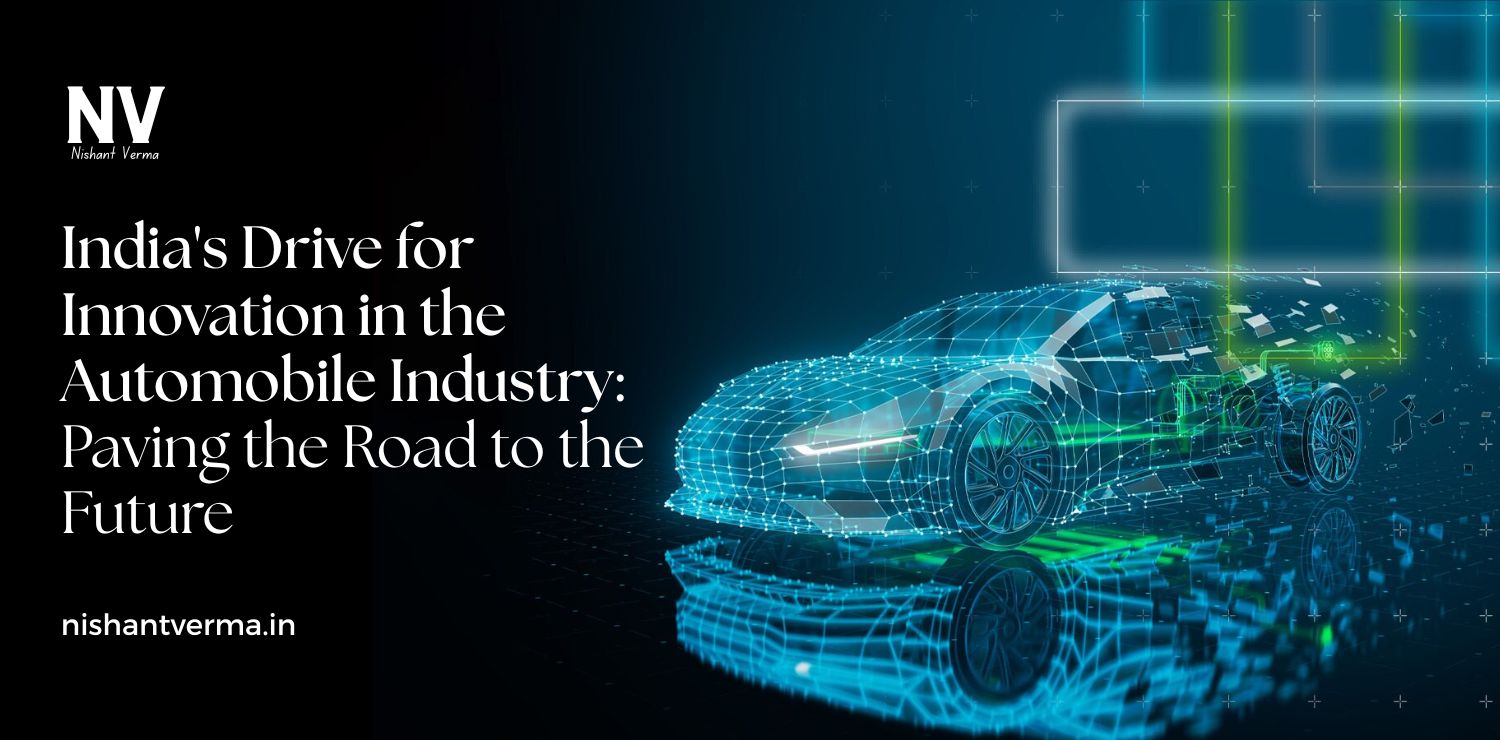After a two-year hiatus, Ford is making a significant move to re-enter India, sparking excitement in both the automotive industry and the broader business community. The decision to reopen its Chennai manufacturing plant comes on the heels of a pivotal meeting between Tamil Nadu’s Chief Minister, MK Stalin, and Ford officials in the United States. This development holds the potential to reshape India’s automobile landscape, presenting both challenges and opportunities for the local economy, employment, and the broader industrial ecosystem.
Background: Ford’s Exit from India
In 2021, Ford India announced its decision to cease local production, citing sustained losses of over $2 billion in the preceding decade. The company struggled to compete in India’s highly price-sensitive automobile market, where local manufacturers such as Maruti Suzuki and Hyundai dominate. The decision to shut down manufacturing in India affected not only the Chennai plant but also Ford’s Sanand facility in Gujarat, resulting in significant job losses and disruption within the local supplier network.

This departure marked a low point for multinational carmakers in India. Many observers attributed it to Ford’s inability to adapt to the market’s unique needs, which skew towards affordable, compact cars rather than the larger, premium vehicles that Ford was known for globally.
The Re-Entry: A Strategic Shift
Ford’s decision to reopen its Chennai plant for manufacturing and export signals a strategic pivot. Instead of focusing on local demand, which was challenging in the past, Ford is now set to utilize India as a key hub for its global export strategy. By manufacturing vehicles in India for international markets, Ford aims to take advantage of the country’s skilled labor force and relatively lower production costs compared to Western nations.

This move aligns with a broader trend of global automotive manufacturers using India as an export base. Hyundai, Kia, and other global players have already been leveraging their Indian operations for similar purposes, with great success. The reopening of the Chennai plant shows Ford’s commitment to staying engaged with India, even if not directly for domestic sales in the short term.
Why Tamil Nadu?
Tamil Nadu, and particularly Chennai, has long been regarded as one of India’s key automotive manufacturing hubs. Often referred to as the “Detroit of Asia,” Chennai is home to several major automobile manufacturers, including Hyundai, Renault-Nissan, BMW, and Ashok Leyland. The state boasts a highly developed supply chain and infrastructure for automotive manufacturing, making it an attractive destination for global carmakers.
CM MK Stalin’s proactive engagement with Ford in the U.S. played a crucial role in persuading the company to reconsider its India strategy. His government has been keen on attracting foreign investments, particularly in the manufacturing sector, which contributes significantly to the state’s GDP and employment rates. Tamil Nadu’s well-established industrial ecosystem, combined with favorable government policies, including tax incentives, makes it an ideal location for Ford’s return.
Job Creation and Economic Impact
One of the most immediate and positive outcomes of Ford’s re-entry into India will be the creation of jobs. The reopening of the Chennai plant is expected to generate employment for thousands of workers, many of whom were left jobless when the plant was originally shut down. This includes not only direct employees of the factory but also workers in ancillary industries such as auto parts manufacturing, logistics, and other support services.
In addition to direct job creation, Ford’s re-entry is likely to stimulate the local economy in Tamil Nadu. The auto sector has a strong multiplier effect; each job in car manufacturing can lead to the creation of multiple jobs in related industries. Local suppliers, small and medium enterprises (SMEs), and service providers will all benefit from increased activity.
Moreover, Ford’s decision to focus on exports will bring in valuable foreign exchange for the Indian economy. The expansion of export operations could help in reducing India’s trade deficit, especially if Ford succeeds in making India a key player in its global supply chain. This would also improve India’s position as a manufacturing hub on the global stage, potentially attracting further investments from other automakers.
Boost to the ‘Make in India’ Initiative
Ford’s decision to use India as a manufacturing and export hub fits well with the Indian government’s ‘Make in India’ initiative. This flagship program aims to transform India into a global manufacturing powerhouse by attracting both domestic and foreign companies to set up production facilities in the country.
The revival of Ford’s Chennai plant will be a significant boost to this initiative, reinforcing the narrative that India is an attractive destination for global manufacturing. This is especially important at a time when many global companies are looking to diversify their supply chains away from China, in light of the disruptions caused by the COVID-19 pandemic.
Furthermore, Ford’s decision could encourage other multinational companies to reconsider their own India strategies. If Ford succeeds in its export-driven approach, it may set an example for other carmakers who might have been hesitant to invest heavily in India due to the challenging domestic market conditions.
Challenges and Concerns
While Ford’s re-entry into India is undoubtedly a positive development, it is not without its challenges. The company will need to navigate the complex regulatory environment in India, particularly in relation to labor laws, taxation, and environmental regulations. Additionally, any large-scale operation in India is subject to political risks, and changes in government policy could potentially impact Ford’s long-term strategy.

There is also the issue of competition. India’s automotive landscape has evolved rapidly in recent years, with local players like Tata Motors and Mahindra & Mahindra making significant strides in both the domestic and export markets. Ford will need to carefully position itself in the global market to ensure it can compete effectively with both Indian and international players.
Lastly, the success of Ford’s export strategy will depend on global demand for its vehicles. Economic uncertainties, fluctuating fuel prices, and evolving consumer preferences toward electric vehicle (EVs) could all impact Ford’s plans. While the company has been making strides in the EV space globally, it remains to be seen how this will translate to its Indian operations.
Impact on India’s Electric Vehicle (EV) Ambitions
One interesting aspect of Ford’s re-entry into India is its potential to contribute to the country’s burgeoning EV market. While the reopening of the Chennai plant is currently focused on traditional vehicles, there is a strong possibility that Ford could eventually use the facility for electric vehicle manufacturing.
India has set ambitious targets for increasing EV adoption, driven by concerns over pollution and a desire to reduce dependence on fossil fuels. The Indian government has been offering incentives to both manufacturers and consumers to promote the production and sale of electric vehicle. If Ford decides to pivot toward EV production in India, it could play a crucial role in advancing the country’s EV goals.
Conclusion
Ford’s decision to reopen its Chennai plant marks a significant milestone in India’s automotive sector. It reflects not only the company’s renewed interest in the country but also India’s growing importance as a global manufacturing hub. While there are challenges ahead, the potential economic benefits, job creation, and alignment with national initiatives like ‘Make in India’ and EV adoption make this a highly positive development for the country.
For Tamil Nadu, in particular, Ford’s re-entry will reaffirm its position as a leading destination for global automotive investments. As the global automotive landscape continues to evolve, Ford’s success in India could serve as a model for other multinational companies looking to capitalize on the country’s competitive advantages in manufacturing and exports.




